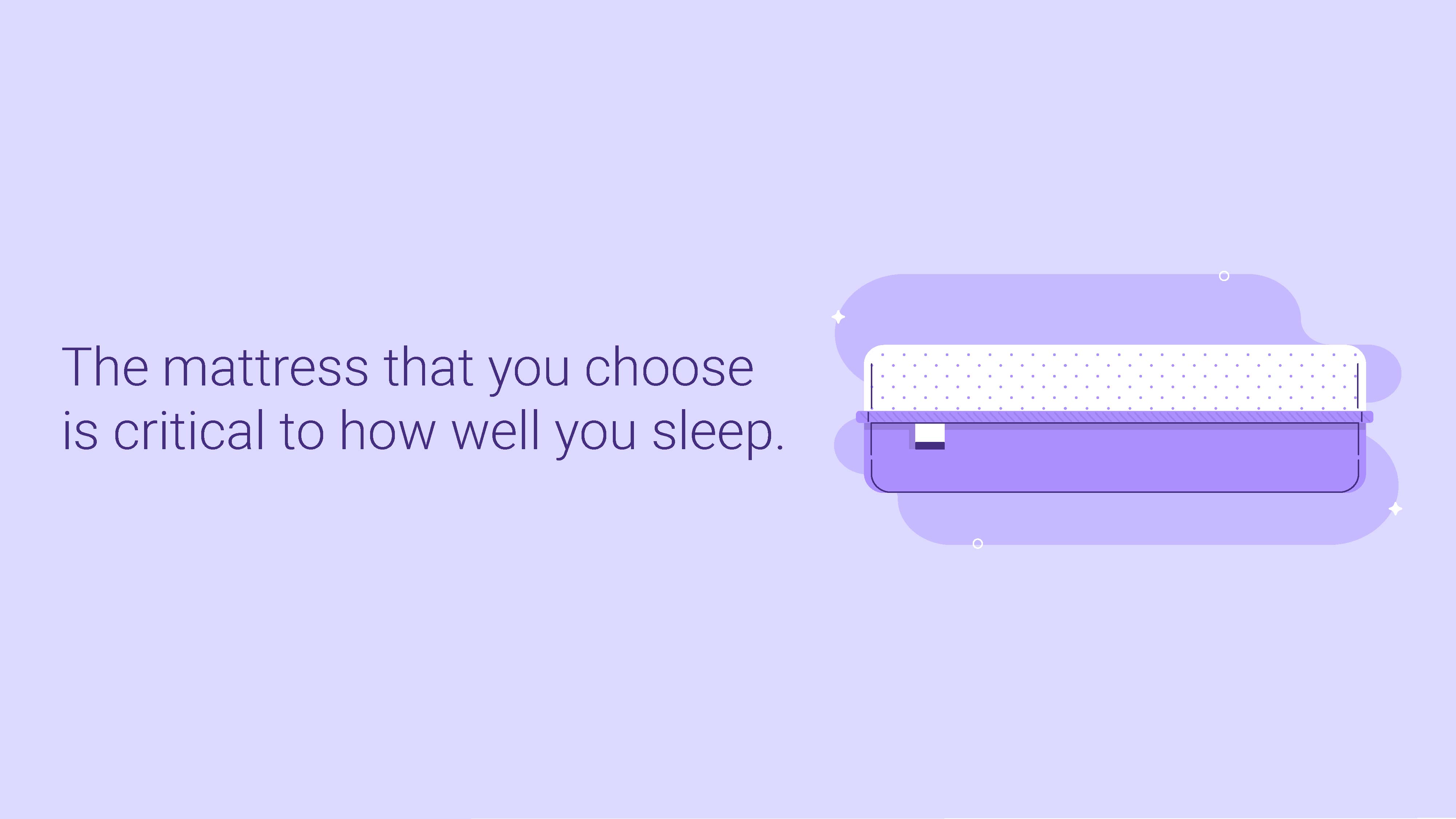How to Make Your Bedroom Better for Sleep
- Bedroom environment significantly impacts sleep quality; selecting calming, neutral colors, ensuring darkness, and eliminating electronic light sources are essential for a restful sleep environment.
- Investing in a high-quality, comfortable mattress that suits your specific needs and sleep patterns is crucial for promoting restful sleep and preventing discomfort or pain.
- Paying attention to details such as fresh sheets, a clutter-free space, and a comfortably cool temperature in the bedroom can further contribute to creating an ideal sleep environment and enhancing overall sleep quality.
Sleep is an important part of your health that helps maintain a proper immune system, have alertness and focus, and keep in good spirits throughout the day. Many people do not get the recommended amount of sleep because of a number of reasons that may be out of their control. However, there are a few things that you can control that guarantees that you will sleep better.
Four Ideas for Improving Sleep
Because sleep is such an important part of your life, it is essential that you do the most that you can to ensure that you are sleeping better. The first place that you can start putting your efforts to a healthier sleep is where it happens: the bedroom. Here are a few tips to make your bedroom the most relaxing place possible in order for you to get the appropriate amount of sleep.
1. Color matters
The paint choice for your bedroom may seem like only a cosmetic preference, but it can really influence how well you sleep. Studies suggest that neutral colors are best for a bedroom because they provide a calming and relaxing vibe. Loud and harsh colors can actually distract and even irritate your eyes while you try to settle in for the night. However, Dr. Oz recommends shades in yellow, orange, red and black families for sheets, and recommends against whites and blues, as it is thought these might affect melatonin levels. Feng shui practitioners suggest balanced skin toned colors (in line with the neutrals idea). Though according to The Daily Mail‘s survey, people with blue, yellow and green bedrooms reported the best sleep. If you want to redecorate, think about how the color might look or affect you as you drift off.
2. Darker is better for sleep
It is important to make your room as dark as possible in order for most people to get a restful night’s sleep. To do this, you should use shades and curtains. If your room faces towards the sunrise and you don’t awake at the crack of dawn, than blackout drapes can help improve your shut eye, and eliminate pesky streetlights. You should also switch off any device that illuminates such as: computers, cell phones, and iPods. While many people think it’s convenient to have a television in your bedroom, it can actually cause you to stay awake longer while you catch up on your favorite TV show rather than getting your much needed rest. The less light the more likely you are to fall asleep faster and stay asleep longer.
3. Invest in a good, comfortable mattress
The mattress that you choose is absolutely critical to how well you sleep. There are a number of types of mattresses that are available such as: memory foam, latex, and even innerspring mattresses. Memory foam and latex are best known for providing quality comfort and support.
It will be up to you to thoroughly research which type of mattress suits your lifestyle so that you are properly supported while you rest. There is nothing more disturbing to your sleep than a lumpy and uncomfortable mattress. To make sure you have the best mattress you should consider these things:
- Do you sleep through the night on your current mattress?
- Do you experience back or joint pain upon waking?
- Is your mattress more than 5-7 years old?
- Does your body fit comfortably on the mattress?
- Do you feel well-rested when you wake up?
Once you consider these things you will know whether or not you should invest in a new mattress. Investigate the different models available and see which type would best be suited for you. A comfortable mattress and a top-rated pillow can make a world of difference to the quality of sleep you experience.

4. Don’t forget the details
There are a number of other extra things that you can incorporate into your bedroom to lull you to sleep. After you have selected a comfortable mattress be sure to include fresh sheets and a cozy comforter. All-cotton sheets keep your bed breathable and feel nice against your skin. Also, make sure that your bedroom is clear of clutter as seeing piles of laundry or all the work you have to do can stress you out. The temperature in your bedroom should also be comfortably cool. These simple additions will make falling asleep much easier.
Overview
There are a number of things to consider when bettering your bedroom for a restful night’s sleep. Incorporating a few or all of these suggestions are sure to make your sleeping environment much more calming and relaxing. While these things may take a few extra moments to transform your bedroom into a sleeping haven, it will be worth every minute once you realize how restful your sleep can actually be.
